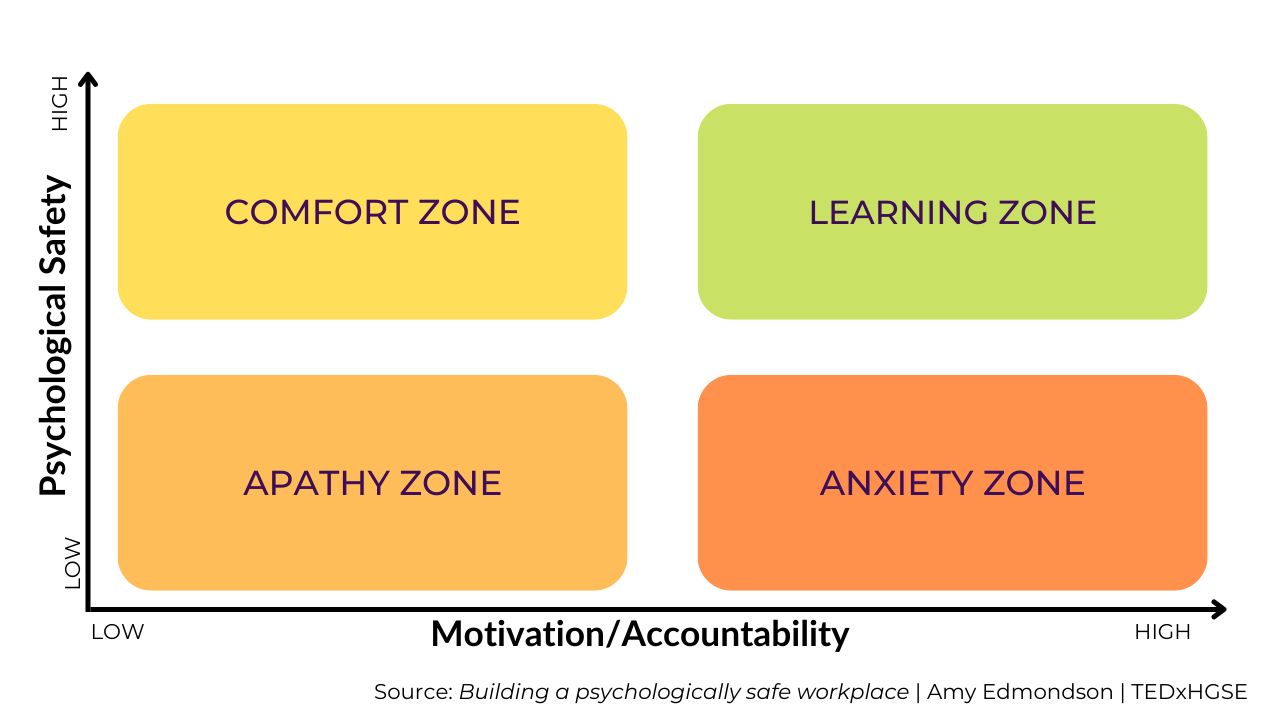Protection and Productivity on the Writing Journey

By Christine Carron
One aspect of the writing adventure I do not like is the thread that runs through it that creates an environment of intellectual and emotional, well . . . violence. I know. Violence is a strong word. I am not sure how else to categorize perspectives where creativity is a battlefield, you must kill your inner critic, kick your muse’s ass, or cut a vein in order to write.
I get that some of the language in the phrases of the preceding sentence might be defended as metaphorical, hyperbolic, or even humorous. Yet, this language and the behavior it legitimizes has consequences.
Once I was in a class and a fellow unpublished writer gave a scathing critique of another unpublished writer’s work. Let’s call the first, Giver, the latter, Receiver. Each of Giver’s line edits was filled with disdain for Receiver’s choices in the piece. Not a single balancing “well done.”
At the end, Giver added that they hoped their critique didn’t “crush” Receiver’s writing dreams, but Receiver better get used to this level of harshness because that is “the way it is in the writing world.”
In Giver’s mind, they were simply expressing the expected protocol of the writing world, or the writing system, so to speak.
Nothing humorous about that.
The Importance of Psychological Safety
This thread of the writing system valorizes cruel-edged candor and shaming over kindness and psychological safety, i.e., the belief that you won't be punished or humiliated if you share ideas, questions, concerns, or mistakes.
That dynamic shoves writers into what organizational behavioral scientist Amy Edmondson calls the Anxiety Zone, rather than elevating them into the preferred Learning Zone.
These two zones are quadrants in Edmondson’s model that maps the interplay of two different factors that impact productivity: Psychological Safety and Motivation/Accountability:

Edmondson made a visual representation of her research to respond to managers’ continued concerns (even after seeing her data) that being kind and creating psychological safety would make their teams less productive, slackers even. That the only way to get people to really be productive is to push them.
But as Edmondson’s data indicated—and her model reinforces—we do not sacrifice productivity or growth by creating psychological safety. In fact, those goals are served by building psychological safety and one of the key ways to do that is to cultivate kindness toward yourself (and ideally others, too.)
Kindness, in my opinion, is a power move. Why? Because it takes courage to cultivate kindness while functioning in a system (like the writing journey) that can celebrate and elevate harshness, unhealthy competition, and scarcity. By doing so, you create an inner compass of integrity that says, “I get to choose how I treat myself and others on the adventure, no matter the system norms.” Here are three ways to do just that.
Way #1: Honor the early stages of the creative process.
I’ve never had a team in the corporate world preface an update of their early efforts with a statement like, “Here’s our first attempt, it’s really sh*tty.” Let’s stop normalizing that kind of language for writers.
A first draft is a necessary, early step in a larger creative process. It is not supposed to be as polished, strong, or coherent as a final draft.
No productivity points are made by such statements. They erode the mindset boost that we can validly claim from achieving an important milestone: completing a first draft.
Resist the urge to diss the interim accomplishments you achieve en route to the later stages of the creative process.
Way #2: Careful with Comparison
A clip of a conversation between Stephen King and George R.R. Martin recently started showing up in my social media feeds. In it, Martin asks King how he gets so much writing done. King responds that when he is writing, he writes every day and tries to get in six pages a day.
In the comments, writers were doing calculations: 6 pages a day multiplied by 365 days in a year, equals 2,190 pages. Then, depending upon the writer’s focus, that total was translated into number of screenplays, novels, or essays that they could have produced if only they wrote like Stephen King. Followed by further emotionally laden phrases like, no wonder I’m not published yet, or successful yet, or . . . you get the point.
It is true. Stephen King is amazing. He’s so good at what he writes, for example, that I read Carrie decades ago and could never read another one of his novels because he scared me so much. Hats off to Stephen King. But . . .
The kicker is Stephen King did not actually say he writes every day. He said, when he’s writing, he writes every day. Which implies there are days, cycles, periods of time when he is not writing. So all those writers tallying up this mythical annual Stephen King Total and finding themselves wanting are basing their comparison on inaccurate data. Not kind. Not useful. Not productive.
Compare carefully and with as full of a picture as possible.
Way #3: Complete an Annual Community and Learning Review
A final power move is to complete a review* of your writing community and ongoing workshop/group investments. While the first two suggestions were about cultivating inner kindness, this last suggestion is about being conscientious of the relationships and learning choices we make and maintain on the writing adventure.
Going back to Edmondson’s model, if we continue to stay in relationships and contexts that are neither safe, nor motivating, we may get stuck in the Apathy Zone. If we have supportive writing friends, that ups the psychological safety, but if those friends never challenge us or give us effective feedback, we may end up spending too much time in the Comfort Zone.
In the third case, if the connections or experiences we select and maintain are overly competitive, tear us down, or create unproductive stress, they will push us toward the Anxiety Zone. It is the connections and experiences that provide psychological safety and motivate us to stay accountable that keep us in the sweet spot of the Learning Zone.
Here are questions you might ask yourself about your writing connections that you spend the most time with as part of your annual review:
- Do I feel empowered or dejected when talking to this person about my writing?
- Do we still share common goals for the writing adventure?
- Do we share a mutually supportive relationship around our writing, i.e., are we there for each other? If not, why?
And for your ongoing workshop/group investments:
- Do I feel energized about my writing after spending time in this workshop/group?
- Am I still learning and growing through what I am learning/receiving from this experience? Or, is there some other aspect of my writing that I want/need to develop that would be served by a different opportunity?
- Do I sense that I would be supported in leaving even if there would be feelings of sadness or loss, or would it result in unnecessary drama? (Note: The latter can indicate unhealthy group dynamics, which are important to pay attention to when making a decision to stay or go.)
The thought of auditing your close circle and your writing learning/group investment may at first feel a bit uncomfortable. One of Brené Brown’s catch phrases is choose courage over comfort.
The invitation here is not to bad mouth any person or writing group or learning experience, and certainly not to demonize them. It is simply asking us to be in charge of our relationships and experiences.
To keep the ones close that continue to support our psychological safety and productivity on the writing adventure and to bless and release (with kindness) those who do not.
Lionhearted
Each week, I choose an image that I hope adds to your experience of reading the week’s post. The image of a lion, and the idea of lionhearted, came to me as soon as I started noodling on this post.
Both in the corporate world and in the writing world, I have seen kindness dismissed as weak, as not rigorous, as not “having what it takes.” But indeed, it is the opposite, as research like Edmondson’s work shows.
Kindness works. If we are courageous enough to claim it. For ourselves and for others. If we do not let the system mess with who we are going to be and how we are going to proceed on the writing adventure.
Yes. Lionhearted.
* I was introduced to this idea of reviewing your connections list through a class with Rachel Rodgers, the author of We Should All Be Millionaires.
Don't miss a single dollop of Goodjelly
Subscribe for the Latest Blog Posts & Exclusive Offers!
You can easily unsubscribe at any time.


